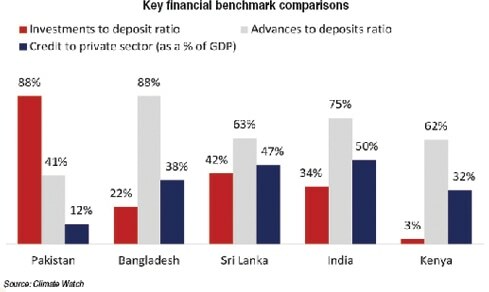Major commercial lenders in South Korea are tightening standards on new loans for large conglomerates over fears of rising bad loans amid the ongoing corporate restructuring of ailing industries.
Outstanding loans extended by Shinhan Bank, Kookmin Bank and three other major lenders to big companies reached 90.8trn won ($78bn) as of end-April, down 4.8trn won from 95.6trnwon a year earlier, according to industry data.
“Offering new loans to large companies is unlikely as we plan to reduce such lending as much as possible
The data and recent remarks from chiefs of Korean banks indicate concerns over the increase in loan-loss provisions as the government pushes for restructuring of the embattled shipbuilders and shippers hit by mounting losses and an industry-wide slump.
“We have recently conducted a sweeping review of the loan quality and sorted out loans that run the risk of turning sour in the next two years,” NH Financial Group chairman Kim Yong-hwan said at a press conference last Tuesday
NH Bank, which was hit by 300bn won of loan-loss provision during the first quarter, cut its lending to big firms by 550bn won to 13.1trn won as of end-April from a year earlier.
“We have recently conducted a sweeping review of the loan quality and sorted out loans that run the risk of turning sour in the next two years,” Kim said.
Cho Yong-byoung, CEO of Shinhan Bank, said the banks will set aside more funds for loans that may turn sour.
“We need to reserve more fund as the ongoing industrial restructuring could have an impact on (local commercial banks’) asset quality,” Cho said in a press conference held in Germany on the sidelines of the 49th Asian Development Bank annual meeting last Wednesday.
Other banks also reported tighter lending standards for industrial loans. In a bid to minimise risks from corporate restructuring and to seek out better returns, KEB Hana Bank reduced such loans by 4.2trn won between September last year and end-April while urging lower-rated companies repay their debt.
Market insiders point out that the tighter loan standards could take toll on other firms like those in the construction sector where there is a strong demand for such lending to finance new projects.
“Some builders are raising funds by paying higher interest than before as lenders are making far fewer loans,” an official at a construction firm said.
Regarding concerns over a possible credit crunch due to debt issues, Bank of Korea Gov. Lee Ju-yeol said last month he would ‘mobilise a wide range of measures to stabilise financial markets.’
The Korean Herald/ANN
Published in Dawn, Business & Finance weekly, May 9th, 2016












































Dear visitor, the comments section is undergoing an overhaul and will return soon.